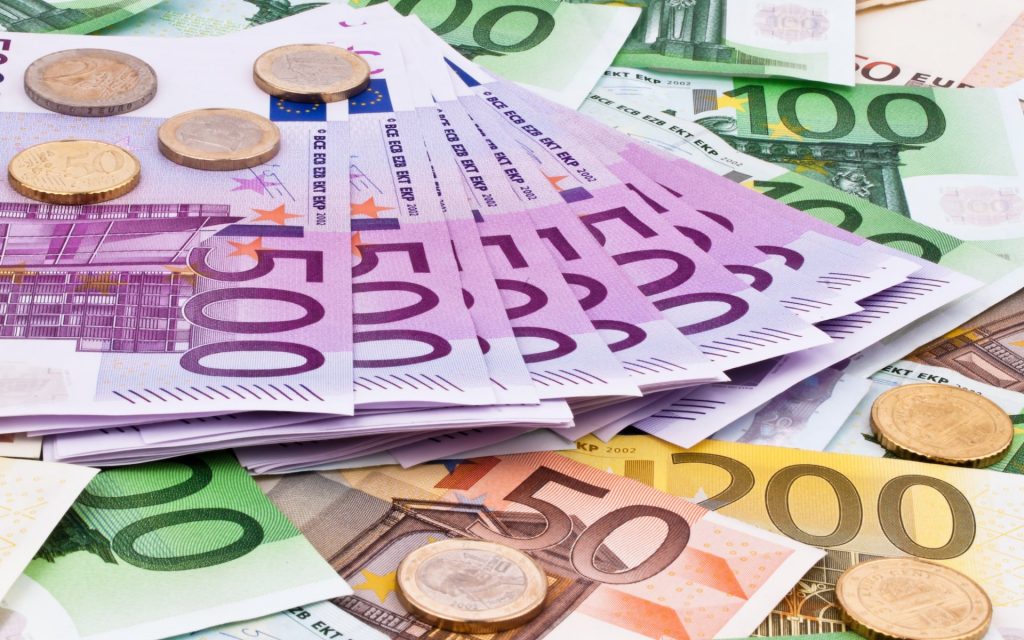Keep supporting the economy until the growth is restored- Slovenia’s detailed arrangements to battling the world pandemic

Throughout the past decades Slovenia’s economy developed in a mature and stable manner as its inhabitants enjoyed the prosperity and peaceful politics. Not only has Slovenia become the first 2004 European Union entrant to adopt the euro, but also is proud of its above average GDP per capita figures. With its highly educated work force and well developed infrastructure, the nation successfully managed its countries logistics as it is located at a major transport crossroad.
“It is vital now to stay on track, to stand ready to provide further support where needed to restore growth”
After five years of prosperous growth which lifted employment, wages, and well-being, Slovenia’s economy has unfortunately been hit by the mighty Covid-19 pandemic, as have all the other nations worldwide. Slovenia is not alone in this crisis, however as every nation is fighting back independently, we will analyze the measures which they took to restore their growth. According to the new OECD report, support to businesses and households is needed to reinforce the recovery and avoid lasting scars, particularly given the underlying pressures of an ageing population. According to the new Secretary General Angel Gurría “Slovenia has made remarkable economic and social progress since joining the OECD, and the government has acted admirably to manage the health and economic fallout of the Covid-19 pandemic. It is vital now to stay on track, to stand ready to provide further support where needed to restore growth and then continue with measures to tackle the long-term economic challenges of an ageing population.”

Slovenia managed to subtly stop the shock to the economy as they immediately imposed financial support measures to help businesses, income, and provide jobs. However, as the pandemic is still in full speed and finance is running out, Slovenia faces risks in spiking bankruptcies and raising unemployment. They allocated one billion euros to mitigate the consequences of the pandemic on the economy. Furthermore, on November 17th, 5 million euros was given to support airlines, which unfortunately, is a sector that received one of the biggest punches. The measure is expected to benefit around 20 airlines who operate to and from Slovenia, as it aims to re-establish the air connectivity and support the recovery of tourism which isn’t only one of the main sources of income for the Slovenian economy, but also, currently, on an international breakdown.
Speaking of tourism, on November 4th, the Slovenian Commission approved a 760,000-euro support measure to compensate for the losses of income between the 16th of March and 31st of May this year, in the Postojna and Predjama caves, as they had to suspend touristic operations in order to follow governmental restrictions. The Postojna cave is counted Slovenia’s biggest tourist attraction, as in May last year, the underground phenomenon celebrated its 39 millionth visitor.
“Slovenia has made remarkable economic and social progress since joining the OECD, and the government has acted admirably to manage the health and economic fallout”
In such dark times the best one can do is believe that everything will get back to normal soon. Slovenia’s future growth once the pandemic is over will be influenced by the employment of new workers in the most efficient way possible, leading the unemployment rates to fall drastically. By keeping older, experienced workers in jobs for longer whilst they start teaching the new low-skilled workers to get the job done in the most efficient manner, the staff will improve the labor allocations as full potential and productivity is reached.
After the pandemic, Slovenia will potentially face further reforms to lower their barriers when it comes to competition and foreign investment. As a result, this will strengthen governance of state-owned enterprises. Minister Počivalšek highlighted that it is important to act with prudence, not cause panic and protect human health. “I’m an optimist and I believe that we will protect our economy from major impacts of the coronavirus crisis to the greatest extent possible,” he said. As much as 85% of the Slovenian economy is export-oriented; therefore, he believes it is of utmost importance for the whole of Slovenia to remain in a setting that will be open to freedom of movement of goods and services. We truly believe Slovenia will come out stronger once this international crisis comes to an end.